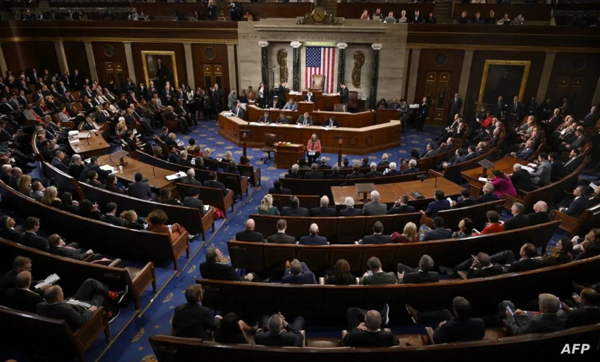
Since the beginning of the year, more than 30 million hens have been sacrificed due to avian flu. This will be the third consecutive year that consumers will face higher egg prices just before the Christian and Jewish Easter holidays. Egg prices have reached record levels, with a 10.4% increase compared to the previous year, reaching $5.90 per dozen in February.
The Consumer Price Index showed this increase, against a backdrop where avian flu continues to affect the United States. Despite this, the USDA reported that the egg shortage is decreasing, which could alleviate pressure on retailers before this year's holidays. However, prices are expected to remain high due to strong demand during Easter celebrations.
Emily Metz, president of the American Egg Board, noted that while wholesale prices have started to decline, additional demand for the Easter holidays could keep prices elevated temporarily. Moreover, it has been pointed out that the migration of wild birds is a major cause of the avian flu virus spread, representing a constant threat to laying hens.
Despite expectations of a possible decrease in prices in the future, experts indicate that it will take time to replenish bird stocks and restore production. Meanwhile, consumers have seen wholesale prices begin to ease, which could indicate a future reduction in retail egg prices.
The government has presented a plan to combat avian flu, which includes significant investments aimed at strengthening biosecurity measures, supporting affected farmers, and seeking possible vaccines and treatments for birds in the United States. Despite the current high prices, it is expected that as control measures take effect, egg prices may eventually normalize.














